| The 2018 World Trade Report highlights the transformative impact of digital technology on trade, with Vietnam becoming one of the world's top 20 international trading economies . |
On September 12, the WTO released its World Trade Report 2023, presenting new evidence on the benefits of broader, more inclusive economic integration as early signs of trade fragmentation threaten to undermine global growth and development. The report offers findings on how reglobalization – or increased international cooperation and greater integration – can support environmental security, inclusiveness, and sustainability.
WTO Director-General Ngozi Okonjo-Iweala emphasized that the post-1945 international economic order was built on the idea that interdependence among nations through increasing trade and economic relations would promote common peace and prosperity.
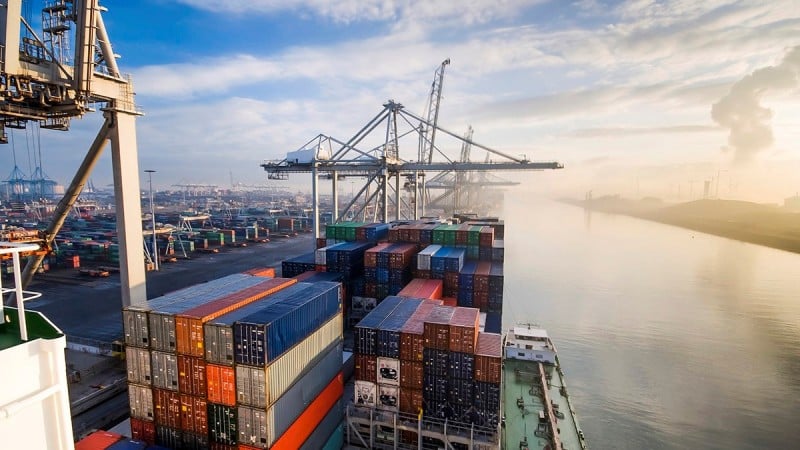 |
For much of the past 75 years, this idea has guided policymakers and helped lay the groundwork for an era of unprecedented growth, higher living standards, and reduced poverty. But today, this vision is under threat, as is the future of an open and predictable global economy. The WTO is not perfect, but it needs to strengthen the trading system, not abandon it.
When presenting the report at the opening of the WTO's annual Public Forum on September 12, WTO Chief Economist Ralph Ossa said this year's World Trade Report offers a perspective on expanding trade integration to more economies, people, and issues—a process known as “re-globalization.” Trade integration “is a powerful tool for improving living standards, lifting hundreds of millions out of poverty.”
Beginning with an analysis of the current state of globalization, the report confirms that geopolitical tensions are beginning to affect trade flows, including ways toward fragmentation in trade relationships.
For example, calculations by the WTO Secretariat show that the flow of goods trade between two hypothetical geopolitical blocs—based on a voting model at the United Nations General Assembly—has grown 4-6% slower than trade within those blocs.
However, the report argues that, despite these findings, international trade continues to thrive, implying that discussions about deglobalization are still not supported by the data. The report points to the expansion of digital services trade, environmental goods trade, and global value chains, alongside the resilience of trade in recent global crises.
The report goes on to examine the relationship between economic integration and three major challenges to today's global economic order: security and resilience, poverty and inclusion, and environmental sustainability—areas in which arguments have been well-founded that globalization has either failed to deliver on its promises or has exposed countries to excessive risks.
Looking at the evidence, the report argues that “reglobalization,” that is, the new impetus toward integrating more people, more economies, and more pressing issues into world trade, is a more promising solution to these problems. The report shows that open trade is strongly linked to a reduced likelihood of conflict and has led to a sharp decline in poverty rates over the past four decades. Furthermore, technological advancements brought about by trade have had a powerful impact on reducing carbon emissions.
Finally, the report underscores the need for increased trade and greater cooperation to effectively address the key issues facing policymakers worldwide – from security to inclusiveness and climate change. A revitalized and reformed WTO could play a central role in tackling these challenges.
Source link








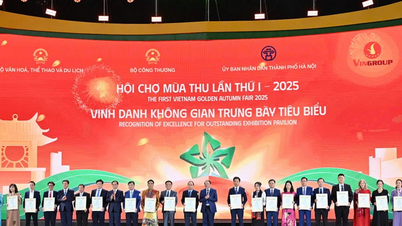




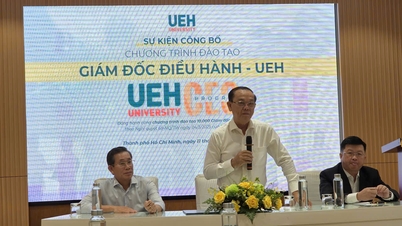



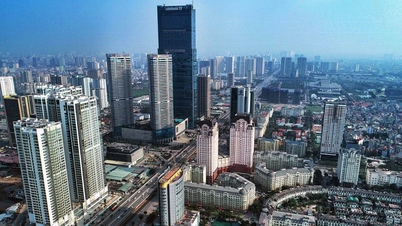

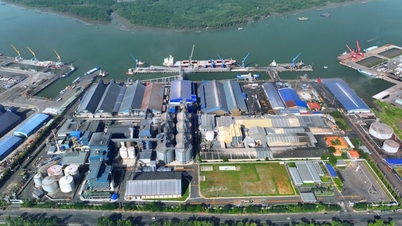

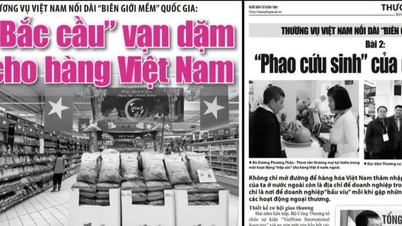




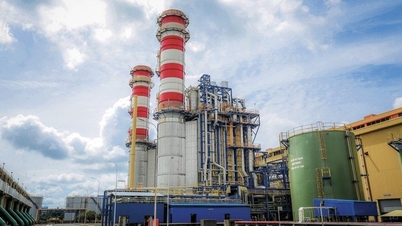





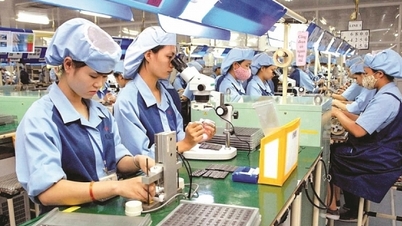
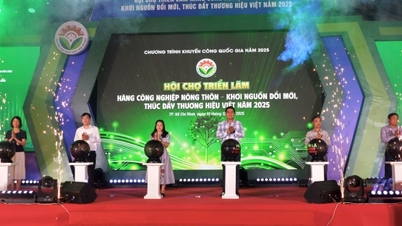
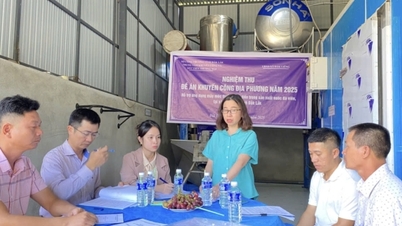
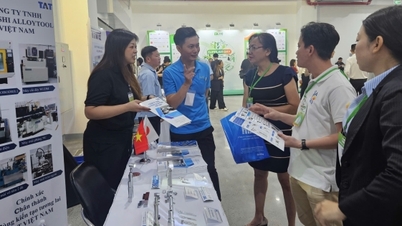

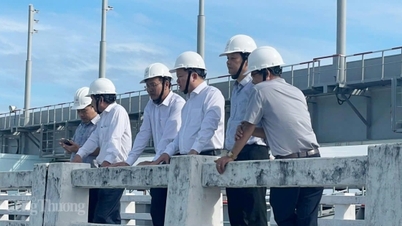



![[Video] The craft of making Dong Ho folk paintings has been inscribed by UNESCO on the List of Crafts in Need of Urgent Safeguarding.](https://vphoto.vietnam.vn/thumb/402x226/vietnam/resource/IMAGE/2025/12/10/1765350246533_tranh-dong-ho-734-jpg.webp)

































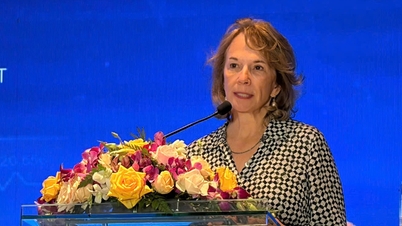


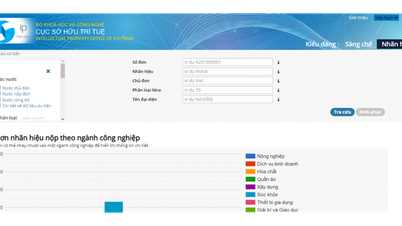
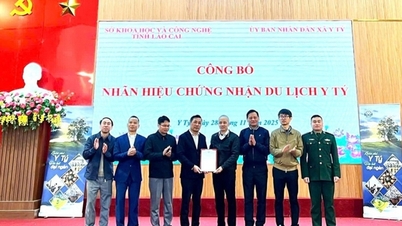
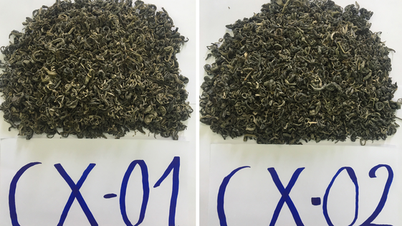

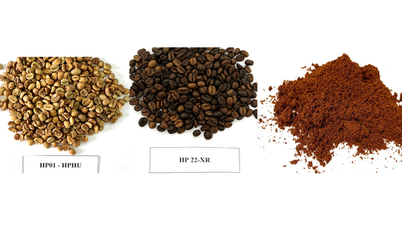
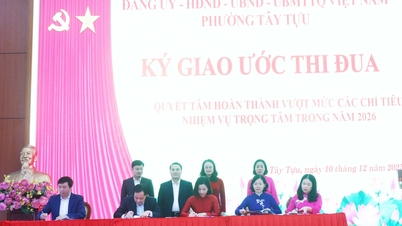
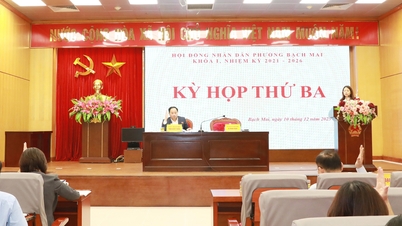

























Comment (0)